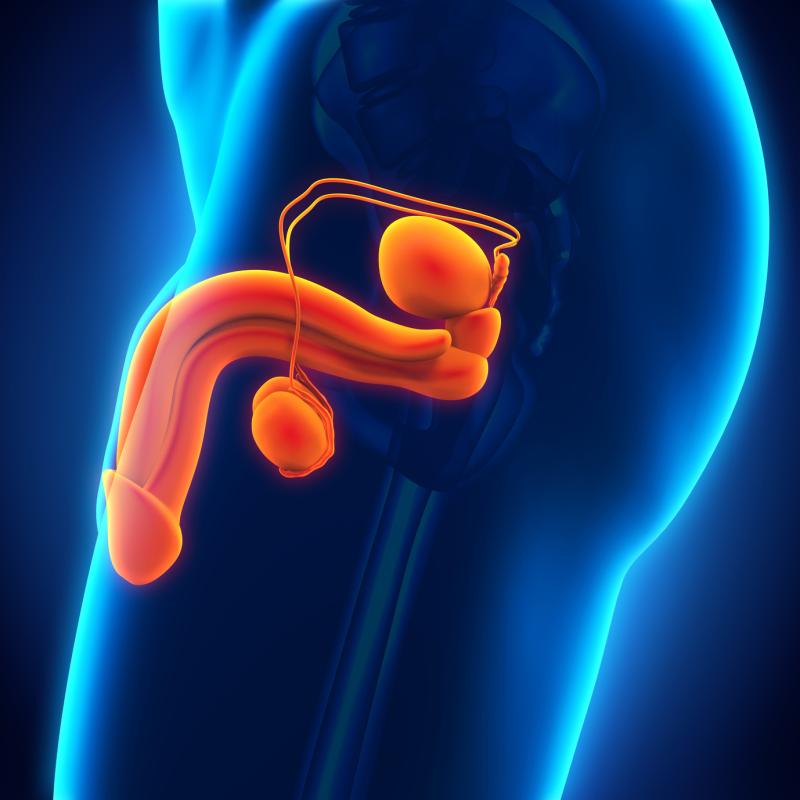Symptoms of Urinary Tract Infection
It is a type of infection caused by bacteria and affecting the urinary tract. This infection can affect the organs that make up the urinary system, such as the bladder and urinary tract. Frequent urination, burning sensation, cloudy urine, lower back pain urinary tract infection symptoms It manifests itself with. If left untreated, it can lead to serious complications.
What are the symptoms of urinary tract infection?
There is a frequent desire to urinate. People may feel burning or pain when urinating. This can be caused by irritation, especially within the urethra or bladder. It may cause the color and odor of the urine to be different from normal. Urine may appear cloudy and smell foul. It may be associated with pain or a feeling of pressure in the lower abdomen. This is usually caused by inflammation in the bladder area. Sometimes it can cause fever.
This may be associated with the spread of infection and a systemic response. It can cause a general feeling of weakness and fatigue as the body fights infection. In some cases, blood may appear in the urine. This may indicate that the infection has reached a more serious level and may require immediate medical attention. Urinary tract infection symptoms It may differ for each individual. Some people may experience symptoms more clearly than others. If symptoms are severe, it is important to seek medical attention.
Urinary Tract Infection Risk Factors
 It is more common in women than men. This is attributed to the fact that women's urethra is shorter than men and the anus and urethra are closer together. It is more common in older adults and children. The risk increases in older adults due to changes in urinary tract function and immune system weakness. Sexual activity can increase the entry of bacteria into the urinary tract. This may increase the risk, especially associated with new sexual partners. The anatomical structure of the urinary tract of some individuals may prevent the free flow of urine. It may cause bacteria to enter the urinary tract more easily.
It is more common in women than men. This is attributed to the fact that women's urethra is shorter than men and the anus and urethra are closer together. It is more common in older adults and children. The risk increases in older adults due to changes in urinary tract function and immune system weakness. Sexual activity can increase the entry of bacteria into the urinary tract. This may increase the risk, especially associated with new sexual partners. The anatomical structure of the urinary tract of some individuals may prevent the free flow of urine. It may cause bacteria to enter the urinary tract more easily.
During pregnancy, the risk increases due to the expansion of the urinary tract. Blockages in the urinary tract can prevent the free flow of urine. It may cause bacteria to settle in the urinary tract. This can occur with conditions such as kidney stones, urinary tract stones, or an enlarged prostate. People with weakened immune systems, organ transplant patients, or individuals with HIV infection are at risk. Because their bodies are less effective at fighting infections. Good hygiene practices and genital area cleaning are important. Cleaning from the front area to the back area after going to the toilet can reduce the risk. Urinary tract infection symptoms A person who is alive and has risk factors should receive treatment.
Urinary Tract Infection Treatment Methods
One of the most important ways to treat and prevent is to drink plenty of water. This helps remove germs by diluting the urine. Not delaying the need to urinate can help prevent infections. It helps urine flow faster through the urinary tract. Applying a hot water bottle or a warm washcloth to the lower abdomen can relieve pain and provide relief. In some cases, infections may recur repeatedly. In this case, it is important to identify and treat the underlying causes. It is important to use the antibiotic medications prescribed by the doctor regularly and completely. This helps control the infection. Antibiotic treatment usually lasts between 3 and 14 days.
Antibiotics may have some side effects. Therefore, it is important to follow the instructions when taking the medications recommended by your doctor. In case of side effects or allergic reactions you should contact your doctor immediately. Following hygiene rules during sexual intercourse can help prevent infections. Urinating after intercourse also reduces the risk of infection. Some people find that sodium bicarbonate can relieve symptoms. However, it is important to consult your doctor to determine whether this is effective. Urinary tract infection symptoms If you notice it, consult your doctor. It is important that you receive appropriate treatment. Additionally, in case of recurrent infections, the underlying causes need to be determined. You should talk to your doctor about this.






